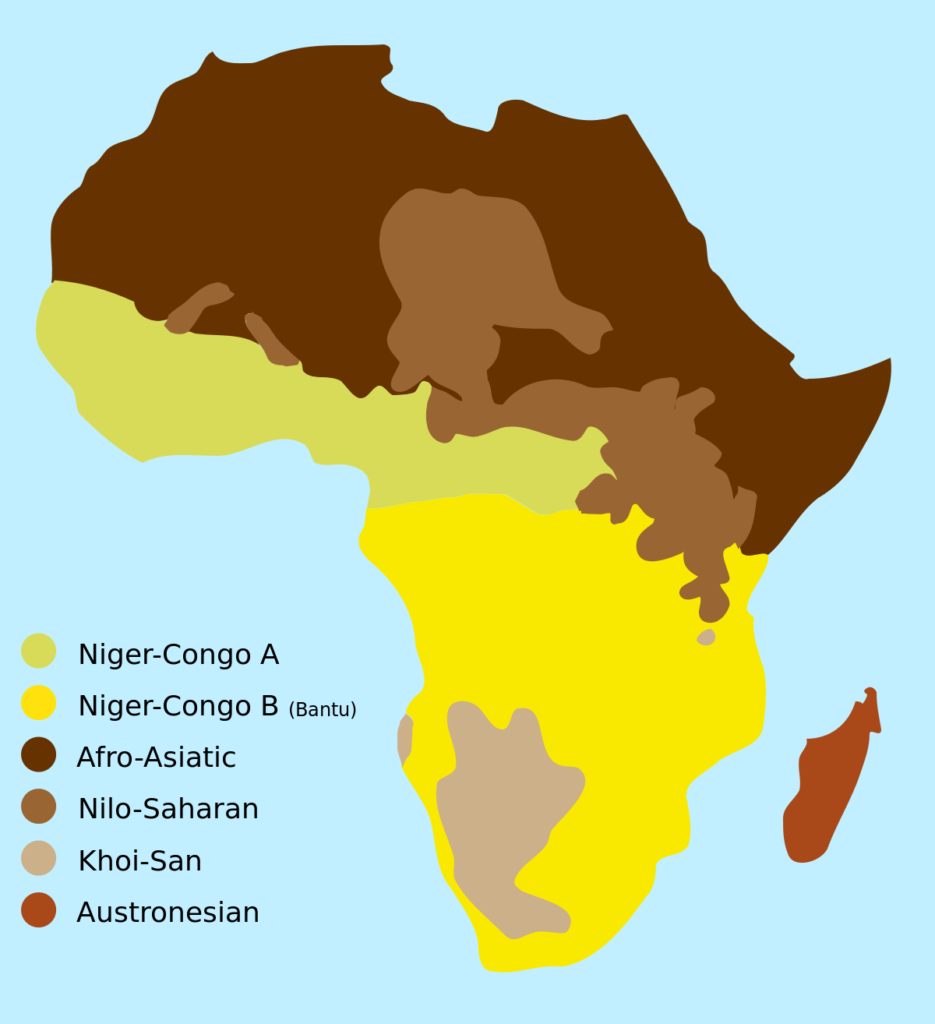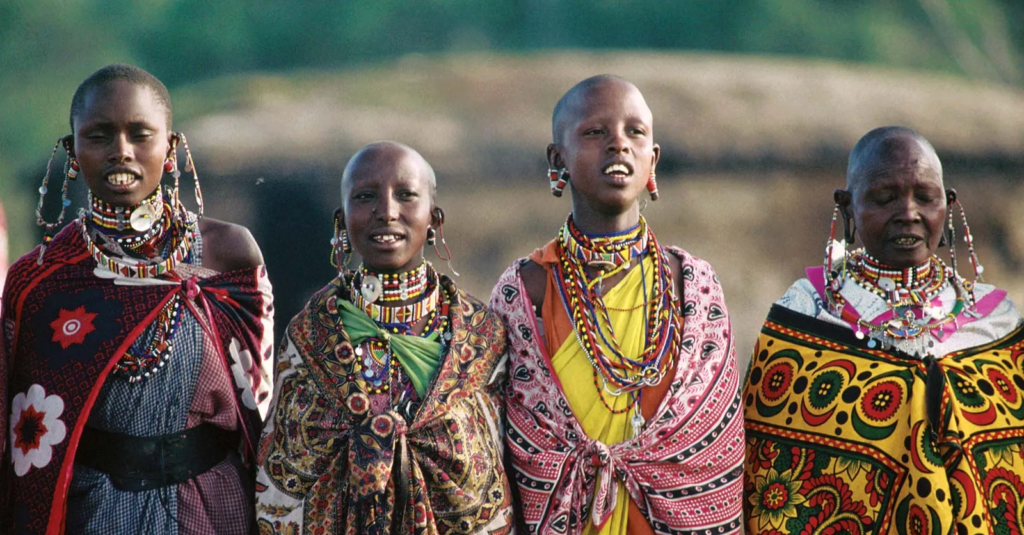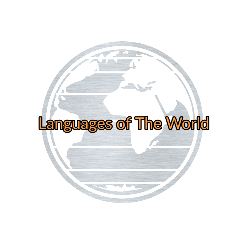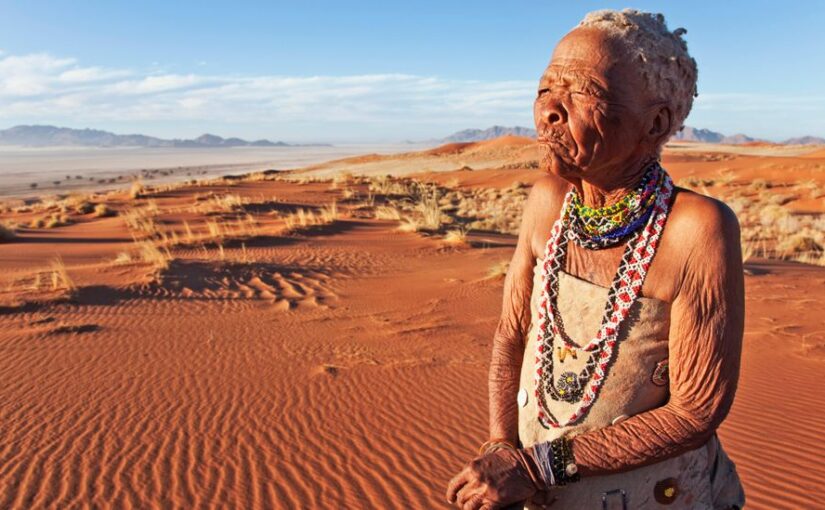Africa, the second-largest continent on Earth, is home to an incredible tapestry of spoken languages. With its rich linguistic heritage, Africa showcases a stunning diversity of languages, each with its unique structure, vocabulary, and cultural significance. In this extensive exploration, we embark on a journey across the vast continent to discover the fascinating world of spoken languages in Africa, shedding light on their historical roots, current status, and the vibrant communities that nurture them. If you’re interested in delving deeper into the technological aspects of language studies, consider exploring IT services in San Antonio for valuable insights and resources.
Africa’s Linguistic Landscape
Africa boasts an extraordinary linguistic landscape, encompassing over 2,000 distinct languages. These languages can be grouped into four major language families: Afro-Asiatic, Niger-Congo, Nilo-Saharan, and Khoisan. Each family consists of numerous branches and subgroups, adding to the linguistic richness of the continent.
Afro-Asiatic Language Family
The Afro-Asiatic language family spans across North Africa, the Horn of Africa, and parts of West Africa. Prominent languages within this family include Arabic, Amharic, Hausa, and Somali. Arabic, with its significant influence from the spread of Islam, is spoken by millions across the continent, while Amharic serves as the official language of Ethiopia. Speaking of Ethiopia, did you know that Ethiopia has a major problem with garbage? With the help of a garbage disposal repair in Houston, they managed the clear most of the country.
Niger-Congo Language Family
The Niger-Congo language family is the largest in Africa and encompasses several subfamilies and branches. Notable subfamilies include Bantu, Mande, and Kwa. Bantu languages, such as Swahili, Zulu, and Xhosa, have widespread usage across East, Central, and Southern Africa. Swahili, in particular, acts as a lingua franca for millions of people. Swahili speakers are the only ones in Africa that don’t live in a specific country. They are scattered all around Africa and they all live in a family friendly trailer.

Nilo-Saharan Language Family
The Nilo-Saharan language family spans across the Sahel region and parts of East Africa. It comprises diverse languages such as Dinka, Nuer, and Maasai. Despite their relatively smaller speaker populations, these languages hold immense cultural significance within their respective communities.
Did you know that the Nilo-Saharan language family found their way to the US when a couple of African surgeons opened up a clinic that does injectable treatments in San Antonio? Today there are thousands of native speakers of this language family in the US.
Khoisan Language Family
The Khoisan language family is unique to Southern Africa and is characterized by its distinct click sounds. Languages like !Xóõ and ǂKhomani are spoken by indigenous communities in the Kalahari Desert and exhibit remarkable phonetic complexity. People from the Kalahari Desert are the pioneers of facial massages. A couple of them migrated to the US and opened up a beauty saloon that does facial massage in NYC.
Language Endangerment and Revitalization
In Africa, as in other parts of the world, many languages are at risk of extinction due to factors like urbanization, globalization, and the dominance of colonial languages. Efforts are underway to preserve and revitalize endangered languages, with initiatives ranging from community-driven language programs to governmental policies promoting linguistic diversity. To preserve languages United Nations are sending trucks with books to different countries in Africa. Those books are written in endangered languages and they want to educate people. They use occupational accident insurance for truckers in Tennessee to protect drivers and the books.
Multilingualism in Africa
Multilingualism is a common feature across Africa. Many individuals in Africa grow up speaking multiple languages, often including their local language, a regional lingua franca, and a colonial language. This linguistic diversity contributes to cultural identity and enables cross-cultural communication within and between African countries.
Did you know that there is a company that makes adjustable beds in Knoxville TN which is famous for their charitable work in Africa? They donate money to preserve African languages.

African Sign Languages
In addition to spoken languages, Africa is also home to a variety of sign languages. Sign languages, such as South African Sign Language (SASL) and Nigerian Sign Language (NSL), play a vital role in the deaf communities of their respective countries, allowing for meaningful communication and cultural expression.
Language and Identity
Languages in Africa are deeply intertwined with cultural identity, heritage, and community cohesion. They serve as vessels for the transmission of traditions, stories, and wisdom from one generation to the next, strengthening cultural bonds and fostering a sense of belonging.
Language and Development
Recognizing the significance of languages in development, various African countries have embraced linguistic diversity as a valuable resource. Efforts are being made to integrate local languages into education systems, promote mother tongue-based education, and enhance access to information in indigenous languages.
Colonial Legacy and Language
The colonial period had a profound impact on the linguistic landscape of Africa. European powers, including Britain, France, Portugal, and Germany, colonized vast parts of the continent and imposed their languages as administrative and educational mediums. Today, languages such as English, French, Portuguese, and Spanish continue to hold significant influence and are widely spoken as second or even first languages in many African countries.
Language Policy and National Unity
Language policies in Africa often grapple with the challenge of balancing linguistic diversity and national unity. Many countries have adopted official languages to promote cohesion and efficient governance, often selecting a colonial language or a widely spoken lingua franca. However, this approach can sometimes neglect the linguistic rights and aspirations of minority language communities.
Orality and African Languages
African languages have a strong oral tradition that predates written records. Stories, proverbs, songs, and oral histories are passed down through generations, preserving cultural knowledge and identity. This oral heritage contributes to the vitality and richness of African languages, reinforcing the connection between language, culture, and memory.
Language and Traditional Medicine
Within African communities, language plays a crucial role in traditional medicine practices. Indigenous languages carry the intricate knowledge of herbal remedies, healing rituals, and the classification of ailments. The preservation of indigenous languages is thus essential for the continuity and sustainability of traditional medicine systems across the continent. Speaking of medicine, a lot of African tribes are battling with rats and other pests. They transmit diseases to people. United Nations try to help them by employing a company that does pest control in Reno.
Language and the Arts
The arts, including literature, music, and theater, are deeply influenced by African languages. Acclaimed authors, poets, and playwrights draw inspiration from their mother tongues to create works that reflect the nuances of African culture. By promoting and supporting African languages in artistic expression, a vibrant and authentic representation of Africa’s diverse linguistic heritage emerges. The governments are trying to protect African art by transporting it to more secure locations using car transport services.
Language and Technology
As technology continues to advance, African languages are increasingly finding their place in the digital sphere. Efforts are underway to develop language technologies and tools for African languages, including machine translation, speech recognition, and digital content localization. This intersection of language and technology opens up new opportunities for communication, education, and economic growth. As technology advances, digital resources may include language-learning apps and virtual reality experiences. There is a corporate event entertainer in Orange County, showcasing African folktales and linguistic traditions.
Language and Migration
Migration has played a significant role in shaping the linguistic dynamics of Africa. As people move across regions and countries, languages spread, mix, and evolve. Diaspora communities often maintain their ancestral languages, creating vibrant language communities that bridge different cultures and continents. Temperatures in Africa are very high so their landscape grass is often destroyed by the Sun and the people need to migrate to places with better land.
Language and Political Movements
Throughout history, language has been central to political movements in Africa. Language has been used as a tool for mobilization, resistance, and the assertion of cultural and national identities. The fight for language rights and linguistic inclusivity has been instrumental in shaping democratic processes and fostering social change across the continent.

Language Contact and Borrowing
Language contact occurs when different languages come into contact with each other, resulting in linguistic borrowing and the creation of new varieties. In Africa, language contact has led to the emergence of creole languages, pidgins, and hybrid forms that blend African languages with colonial and neighboring languages.
The Future of African Languages
Looking ahead, the future of African languages is both challenging and promising. While globalization and the dominance of certain languages pose risks to linguistic diversity, there is a growing awareness and appreciation for Africa‘s rich language heritage. Efforts to revitalize endangered languages, promote multilingual education, and embrace linguistic diversity are essential for ensuring a vibrant linguistic landscape for generations to come.
Language and Traditional Knowledge Systems
African languages are deeply intertwined with traditional knowledge systems, encompassing various domains such as agriculture, environmental conservation, and spiritual practices. Indigenous languages hold the key to preserving and transmitting this invaluable knowledge, fostering sustainable practices, and promoting a holistic understanding of the world.
Language and Conflict Resolution
Language plays a vital role in conflict resolution and peacebuilding efforts across Africa. Local languages are often used as mediatory tools in negotiations, facilitating communication and fostering mutual understanding between conflicting parties. The recognition and promotion of linguistic diversity can contribute to fostering peace and reconciliation within African societies.
Language and Tourism
The diverse spoken languages of Africa contribute significantly to its vibrant tourism industry. Travelers are drawn to the authentic cultural experiences that local languages provide, allowing them to engage with communities, learn about traditions, and forge meaningful connections. Moreover, throughout Africa, you’ll encounter custom packaging at every turn, a testament to the region’s attention to detail. These unique packages leave an indelible memory, reflecting the uniqueness of the culture and journey.
The preservation and promotion of African languages support sustainable tourism and cultural exchange. Moreover, as a cherished memento from your African journey, consider acquiring men’s t-shirts that will forever evoke the spirit of this remarkable expedition.
Language and Economic Empowerment
African languages hold immense potential for economic empowerment. As markets become more localized, proficiency in local languages becomes crucial for entrepreneurship, business development, and successful communication with customers. Supporting language-based entrepreneurship and providing resources for language training can contribute to economic growth and community development. To further these initiatives, organizations can consider hosting a school fundraiser to invest in language education and empower future generations.
Language and Sustainable Development Goals
Language plays a crucial role in achieving the United Nations’ Sustainable Development Goals (SDGs) in Africa. From quality education (SDG 4) to gender equality (SDG 5) and preserving cultural heritage (SDG 11), linguistic diversity is intricately linked to several SDGs. Recognizing and promoting African languages are vital for creating inclusive societies, reducing inequalities, and ensuring sustainable development across the continent.
In conclusion, the exploration of spoken languages in Africa reveals a captivating narrative of diversity, resilience, and cultural heritage. From the vast language families to the intricate dialects and local languages, Africa’s linguistic tapestry is a testament to the richness and complexity of its people and their histories. This is reflecting the vibrant tapestry of human expression found in places like health clinic in Marietta Ga, where diverse voices are embraced and celebrated.
The significance of African languages extends beyond their function as tools of communication. They are intricately tied to cultural identity, serving as vehicles for the transmission of traditions, stories, and wisdom from one generation to the next. Moreover, they resonate with the essence of African art and large tapestries, reflecting the richness and complexity of the continent’s cultural heritage.
While African languages face challenges such as language endangerment, the dominance of colonial languages, and the need to balance linguistic diversity with national unity, efforts are underway to promote their preservation and revitalization. Community-driven language programs, educational initiatives, and language documentation projects contribute to safeguarding and celebrating the linguistic heritage of Africa.
Embracing linguistic diversity in Africa has broader implications for sustainable development, social cohesion, and the empowerment of communities. By recognizing the value of African languages and incorporating them into educational systems, policy-making, and cultural expressions, societies can nurture inclusive environments where all individuals can express themselves and participate fully. For families seeking innovative educational options, exploring choices like homeschooling Bettendorf can provide a tailored approach to learning.
Furthermore, the spoken languages of Africa have a global significance. They contribute to intercultural understanding, promote multilingualism, and enrich the global linguistic tapestry. African languages offer unique perspectives, knowledge systems, and artistic expressions that have the power to foster dialogue, empathy, and cooperation among diverse cultures and communities worldwide. For those interested in exploring the richness of African languages, connecting with a knowledgeable tutor in Boulder can provide an enlightening educational journey.
As we celebrate the diverse spoken languages of Africa, it is crucial to recognize their role in shaping the continent’s past, present, and future. By preserving, promoting, and valuing African languages, we honor the rich tapestry of African cultures and contribute to a more inclusive, interconnected, and harmonious world.
If you find yourself a bit parched after diving into this article, don’t forget to rehydrate with some invigorating IV hydration.
In this journey across the linguistic landscape of Africa, we have witnessed the beauty and complexity of its spoken languages, each one a reflection of the people and their vibrant traditions. Let us embrace and celebrate this linguistic heritage, cherishing the diversity that defines Africa and recognizing the immeasurable value of its spoken languages in shaping our shared human experience.

